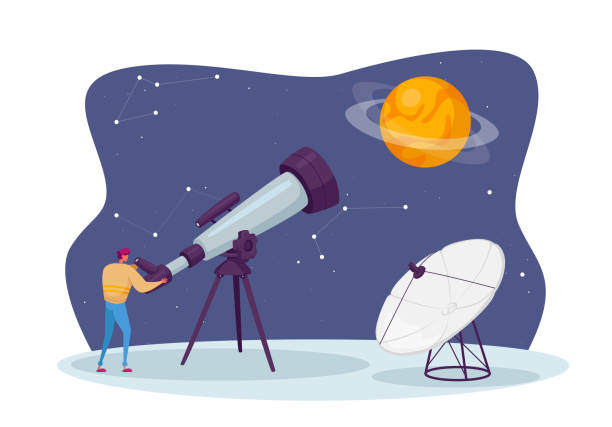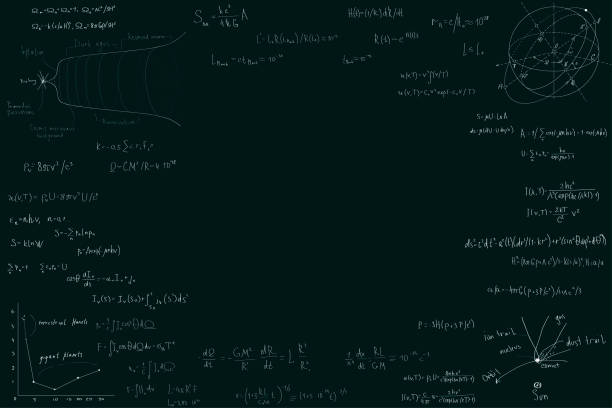Space Science

Astronomy
Astronomy is the natural science that studies celestial objects and phenomena. It uses mathematics, physics, and chemistry in order to explain their origin, evolution, and physical and chemical properties. Objects of interest include planets, moons, stars, nebulae, galaxies, and comets, while phenomena include supernova explosions, gamma-ray bursts, and cosmic microwave background radiation.

Astrophysics
Astrophysics is a branch of astronomy that applies the principles of physics and chemistry to understand the nature of celestial bodies and cosmic phenomena. It encompasses the study of the Sun, stars, galaxies, exoplanets, the interstellar medium, and the cosmic microwave background, analyzing their luminosity, density, temperature, and chemical composition.

Panspermia
Panspermia is a hypothesis in astrobiology proposing that life, or its precursors, can be distributed through space and transferred between celestial bodies by natural processes such as impacts or by intentional technological means. The concept has roots in antiquity, was revived scientifically in the 19th–20th centuries, and is investigated today through planetary transfer models, meteoritic organic chemistry, and survival experiments in space environments.